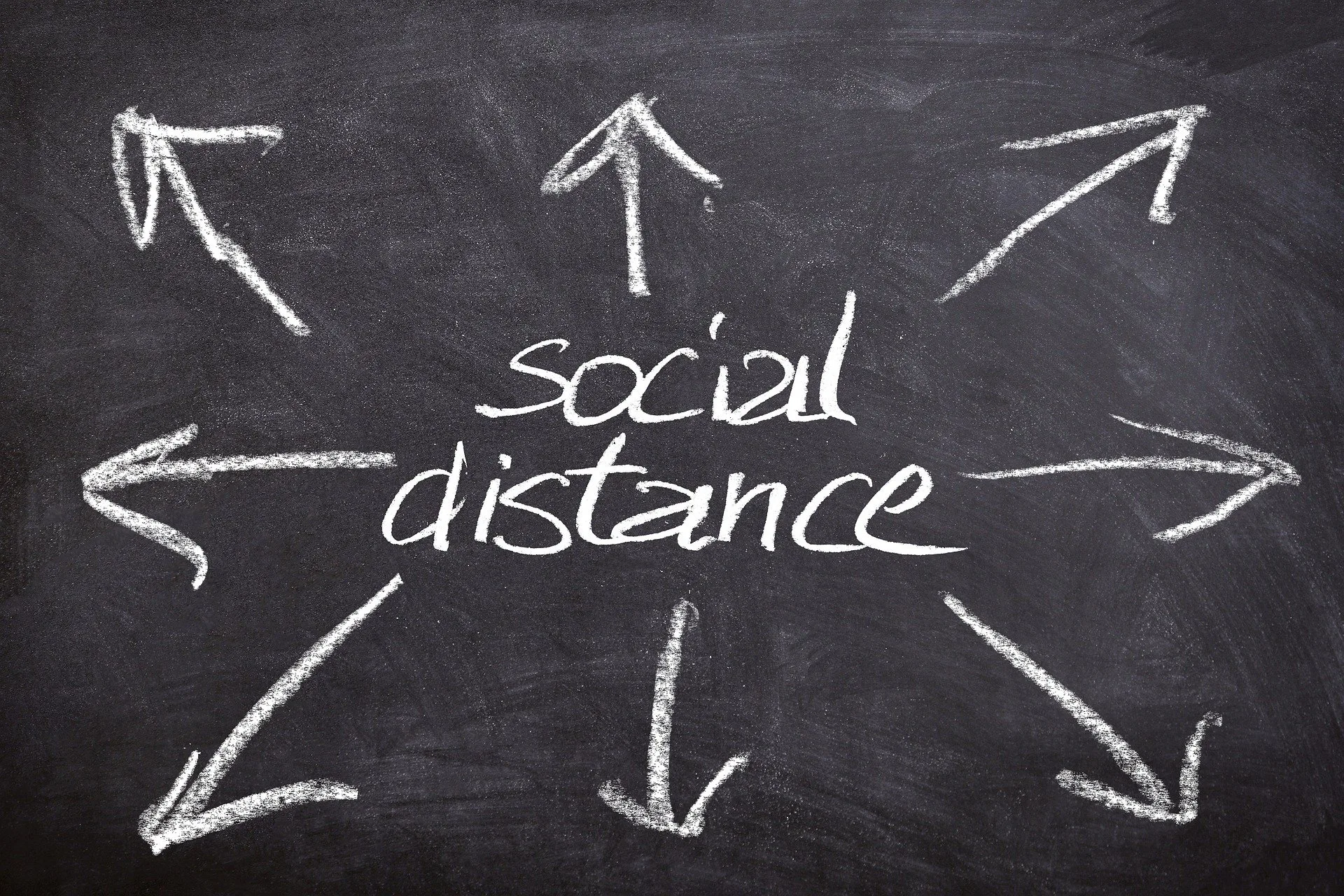The government has a plan to control the virus and protect the public, as well as keeping the economy and society open. That plan is working: with great collective effort, we have reduced infections significantly from its peak, and enabled the return of more normality to our lives. This is not the time for complacency; we have seen big increases in the spread of the virus in Europe and other countries. With cases increasing in the UK, we all – businesses, individuals, and government – need to take action to suppress the virus.
It is critical that everybody observes the following key behaviours:
- HANDS – Wash your hands regularly and for 20 seconds.
- FACE – Wear a face covering in indoor settings where social distancing may be difficult and where you will come into contact with people you do not normally meet.
- SPACE – Stay 2 metres apart from people you do not live with where possible, or 1 metre with extra precautions in place.

The government has announced new measures to suppress the virus and keep the number of infections down:
- From Monday 14 September, you must not meet with people from other households socially in groups of more than 6. This will apply indoors and outdoors, including in private homes. This change will simplify and clarify the rules on social gatherings, so they are easier to understand and easier for the police to enforce. There will be a limited number of exemptions. COVID-19 Secure venues, such as places of worship, restaurants and hospitality venues, can still host larger numbers in total but groups of up to 6 must not mix or form larger groups. This rule will not apply to individual households or support bubbles of more than 6 who will still be able to gather together. Education and work settings are unaffected, and organised team sports will still be able to proceed, as will weddings and funerals up to 30. From Monday, this limit will be enforceable in law.
- Businesses will have a clear duty to support NHS Test and Trace. From 18 September, it will be mandatory for certain businesses to have a system to collect NHS Test and Trace data, and keep this for 21 days. Core COVID-19 Secure requirements will be mandated for hospitality businesses, and egregious breaches enforced. The government has also published simplified COVID-19 Secure guidance.
- The government will support Local Authorities and police forces to respond to breaches of COVID-19 Secure guidelines. We will launch a register of newly qualified and recently retired Environmental Health Officers (EHOs) so that Local Authorities can recruit more quickly and fill any gaps. In addition, we will introduce COVID-19 Secure Marshals to help local authorities support social distancing in towns and city centres.
- The government will take steps to improve compliance with border requirements. We will simplify the Passenger Locator Form needed for travelling to the UK, and take measures to ensure passengers have filled out their form before departure. Border Force will step up and target their enforcement efforts at the border to ensure arrivals are complying with the rules.
- The government will review plans to pilot larger audiences in venues this month. Planned sports pilot events will be limited to smaller, safer numbers, with strict conditions to ensure social distancing, and will not take place in areas where incidence is high. We will review our intention to return audiences to stadia and conference centres from 1 October.
- The government will restrict the opening hours of premises, initially in local lockdown areas, with the option of national action in the future. This has been introduced in Bolton, following a steep rise in cases, and will seek to restrict activities that may lead to a spread in the virus.
These measures apply to England – but there may be different rules if you live in an area under local lockdown and you should check those rules here. If you are in Wales, Scotland and Northern Ireland, different rules may apply.



